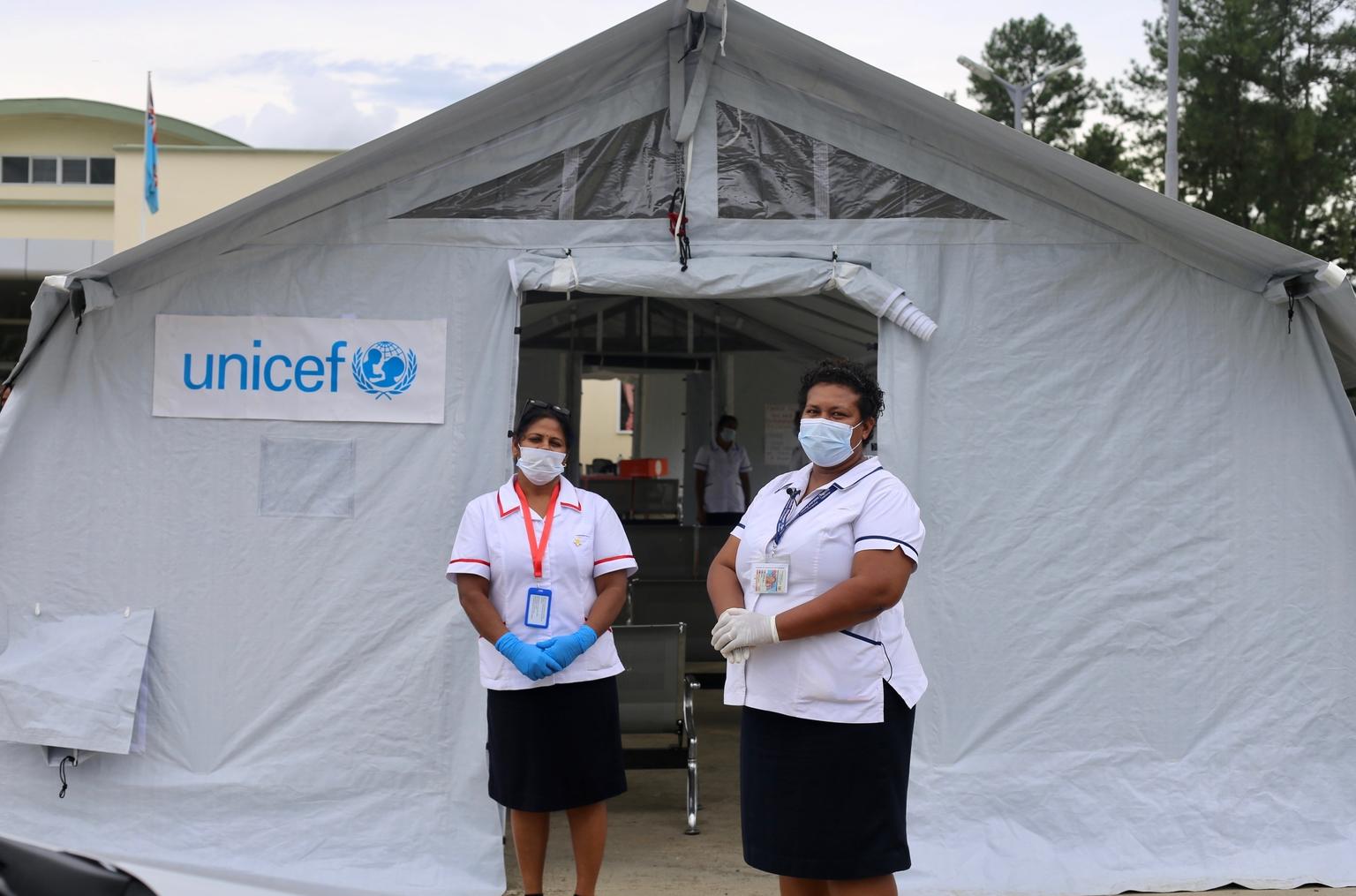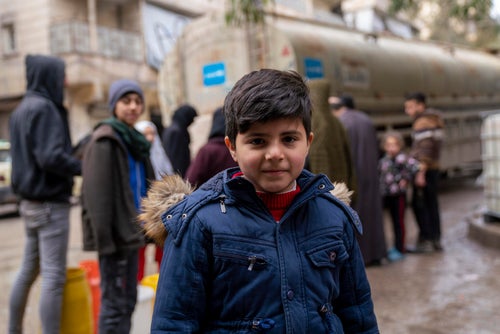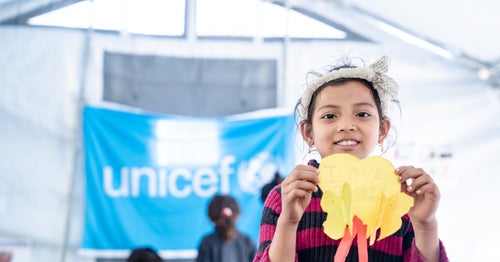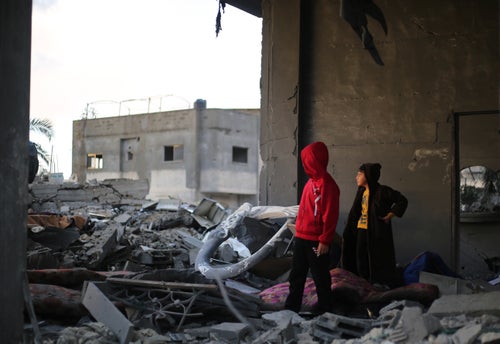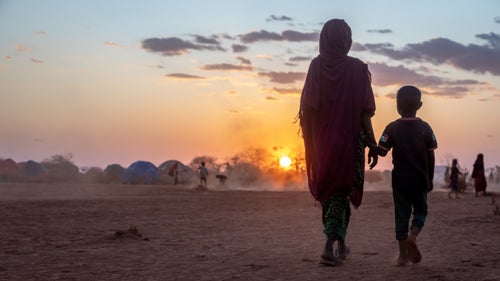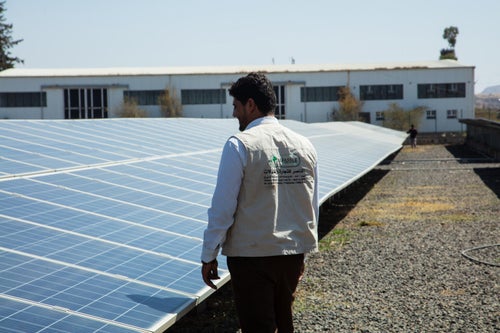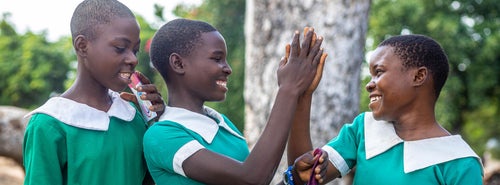“I’ve been working in aid and development for over 20 years, and I’ve never seen anything like this,” says Felicity Butler-Wever, UNICEF Australia’s Director of International Programs
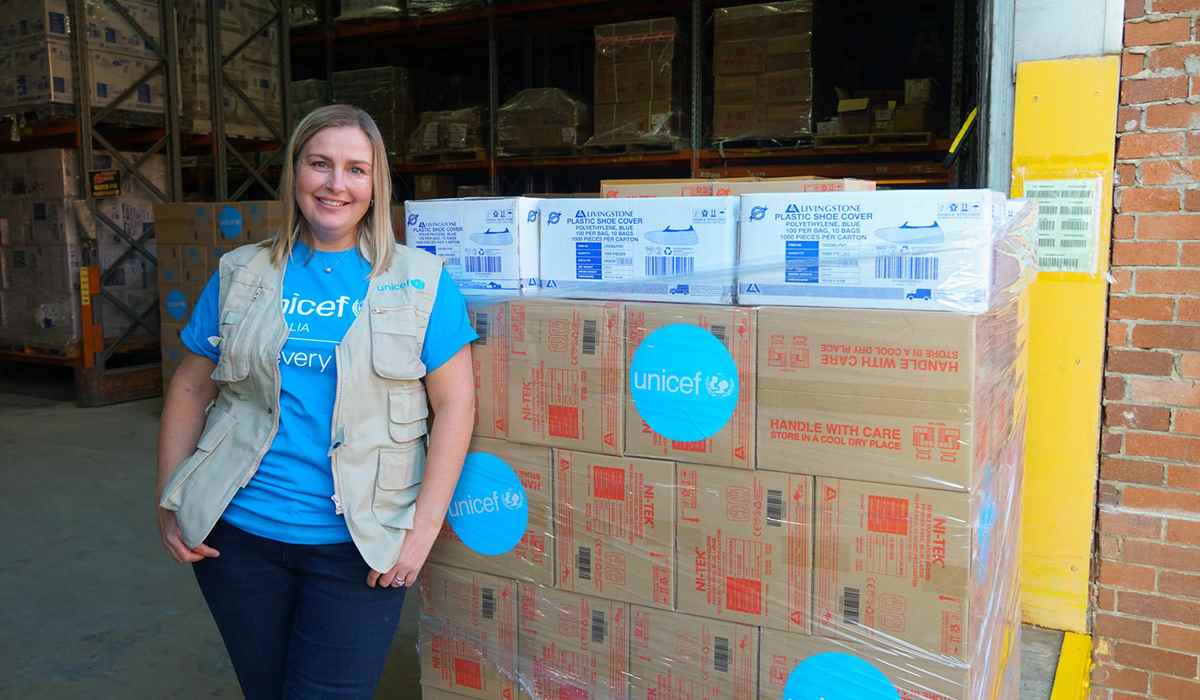
The COVID-19 pandemic has caused havoc across the world, with even well-equipped health systems struggling to cope.
But some countries are more at risk of a catastrophic outbreak than others.
Even under normal conditions, many of our near neighbours in the Asia Pacific region struggle to provide essential healthcare and medicines to their citizens.
In Timor-Leste, just a few hours flight from our shores, there are just three ICU beds in the entire country and an estimated 70 per cent of health posts – where most people in rural areas seek healthcare – do not have access to running water. Women giving birth at remote health clinics have had to bring their own buckets of water with them for use during delivery.
Papua New Guinea faces similar challenges: having just one doctor per 10,000 people, compared to 36 doctors per 10,000 people here in Australia.
“If there is a major COVID outbreak in those countries, the consequences could be dire,” says Felicity. “People will not be able to access the testing or treatment they need.”
"To avoid this health emergency turning into a catastrophic humanitarian crisis for children, we need to help these countries assist their citizens and to be prepared in case of a major outbreak."
"To avoid this health emergency turning into a catastrophic humanitarian crisis for children, we need to help these countries"
UNICEF teams are working hard to ensure the most vulnerable countries are prepared for potential outbreaks.
Across the Asia Pacific region, UNICEF has helped governments to develop their pandemic response plans, and we continue to ensure health centres have the necessary equipment to treat patients, and train health staff in infection prevention and control.
Working with governments to strengthen health systems isn’t something new for UNICEF.
"UNICEF was really built for an emergency like this"
“UNICEF was really built for an emergency like this,” says Felicity. Since its inception UNICEF has supported governments to improve the quality and accessibility of public services, like healthcare and education, working to ensure they reach all children in a country, particularly the most vulnerable.
We are there before, during and after an emergency, meaning we can respond rapidly in a crisis to protect children, and we stay on in the long-term to support recovery as communities rebuild.
“We’ve had a strong focus on the Asia Pacific region for quite a few years, working to ensure health centres and hospitals have the necessary equipment to treat patients,” Felicity says.
“Training and upskilling health workers has also been critical.”
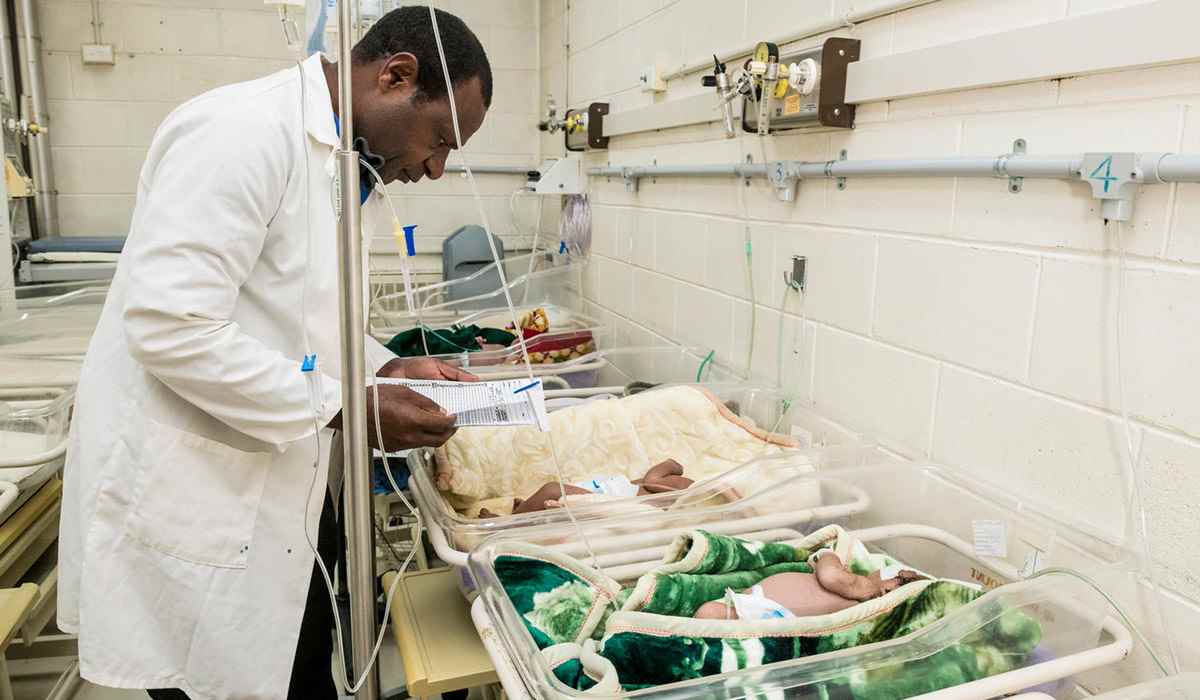
Our ongoing work meant UNICEF was able to rapidly scale-up existing programs to respond to the unprecedented challenges of COVID, Felicity says.
“We already have established relationships with government. We were already working on promoting handwashing and access to water, and we were already working on building the capacity and the knowledge of health workers.”
“This approach – working with governments – means we invest in a system that already exists and will continue to exist into the future, rather than setting up a duplicate system. It's better for longevity and ensuring ownership and relevance in the country.”
"We invest in a system that already exists and will continue to exist into the future"
In an emergency, having a coordinated response preferably by the government is critical, Felicity says.
“What you don't want is lots of small organisations coming in and doing an ad-hoc response, where some parts of the population get missed or others receive conflicting information from different organisations.”
UNICEF’s scale is what makes it so effective. “We work to ensure we reach all children. It's not just localised changes, but changes at the national level that flow right down to each and every community.”
Related articles
Stay up-to-date on UNICEF's work in Australia and around the world



